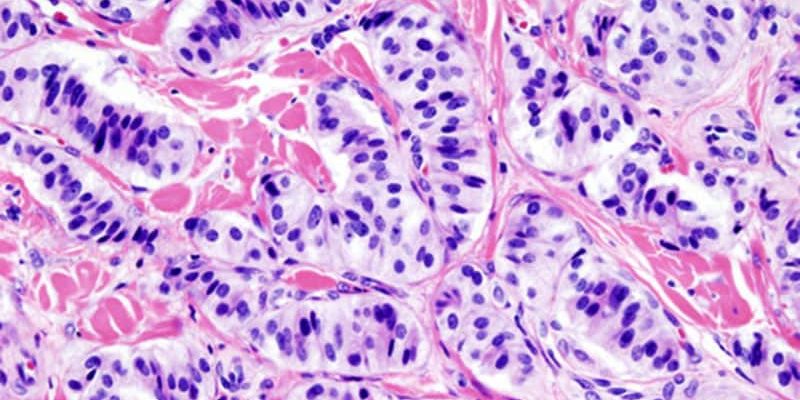The study covered in this summary was published on researchsquare.com as a preprint and has not yet been peer reviewed.
Key Takeaway
-
Among patients with hypoglycemia, a simple formula based on routine screening parameters was nearly 90% sensitive and specific for detecting insulinomas.
Why This Matters
-
Insulinomas are often misdiagnosed as epilepsy, psychosis, or cerebrovascular disease.
-
The consequences of undiagnosed insulinomas can include permanent brain damage and death.
-
The standard tool used for diagnosis is the 72-hour fasting plasma glucose test, but many patients refuse to take the test because it can be painful and increase the risk of hypoglycemia.
-
Single-photon emission CT is another option but is expensive and is not always available.
-
If confirmed, the formula could offer a simple, quick, and convenient method for early outpatient diagnosis of insulinomas.
Study Design
-
The investigators compared various clinical parameters for 37 patients with confirmed insulinomas and 44 patients with hypoglycemia not due to insulinoma.
-
After identifying significant differences between the two groups, the authors used logistic regression to develop a predictive formula.
Key Results
-
Body mass index (BMI), A1c concentration, 0-hour C-peptide concentration, and 0-hour and 1-hour plasma glucose concentrations were independently associated with insulinoma.
-
The five factors were incorporated into a regression prediction model, calculated using the following formula: Logit P = 7.399 + (0.310 × BMI) – (1.851 × A1c) – (1.467 × 0-hour plasma glucose) + (1.963 × 0-hour C-peptide) – (0.612 × 1-hour plasma glucose).
-
The investigators found that the area under the receiver operating curve was 0.957.
-
The optimal cutoff value of -0.17 yielded a diagnostic sensitivity of 89.2% and a specificity of 86.4%.
-
A score at or above -0.17 strongly predicts insulinoma.
Limitations
-
It was a retrospective, single-center study.
-
The small sample size prevented verification.
Disclosures
-
The work was funded by the National Natural Science Foundation of China, the Natural Science Foundation, and others.
-
The investigators have disclosed no relevant financial relationships.
This is a summary of a preprint research study, “A Novel Diagnostic Model for Insulinoma,” led by Feng Wang of the First Affiliated Hospital of Guangxi Medical University, China. The study has not been peer reviewed. The full text can be found at researchsquare.com.
M. Alexander Otto is a physician assistant with a master’s degree in medical science and a journalism degree from Newhouse. He is an award-winning medical journalist who has worked for several major news outlets before joining Medscape and also an MIT Knight Science Journalism fellow. Email: [email protected].
For more news, follow Medscape on Facebook, Twitter, Instagram, and YouTube.
Source: Read Full Article
